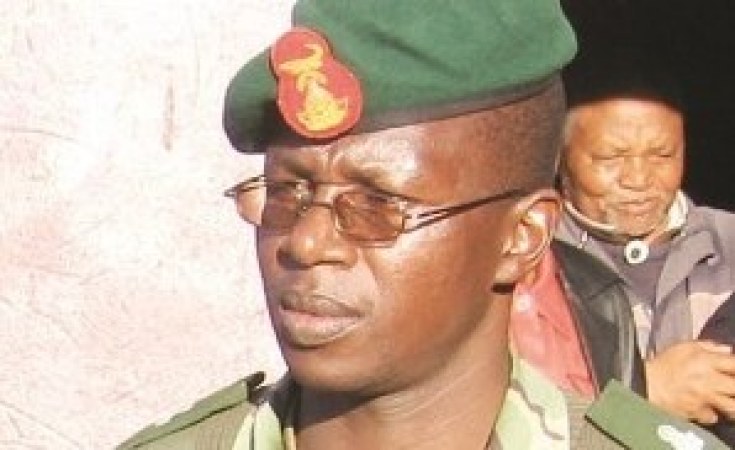The killing of a former Lesotho army chief and the torture of detained soldiers has focused new attention on demands for security sector reforms to end abuses of power by the country's military.
Lieutenant-General Maaparankoe Mahao, who served as commander of the Lesotho Defence Force (LDF) from last August until earlier this year, was shot and killed by soldiers after leaving his home at Mokema, south-east of the capital, Maseru, last Thursday.
Without revealing his name, government ministers appeared in Parliament to confirm his death. After his family launched a High Court application to have his body released, a military officer told the court on Friday that he died in the course of investigations and arrests arising from "allegations of mutiny" within the Lesotho Defence Force.
Mahao's family strongly denied suggestions by ministers that he had resisted arrest and died in a shootout, reports Lesotho's Sunday Express newspaper. His brother, Lehloenya Mahao, told the paper that he was "assassinated": "He was actually surrendering and had raised his hands to show that he was not resisting arrest."
In a separate High Court hearing recently, a judge ordered the LDF to stop torturing detained soldiers. Public Eye Online reported that he did so in response to an application from the families of detained soldiers. An affidavit before the court said they had been plotting to commit acts of mutiny.
Mahao's killing prompted shocked expressions of grief and condemnation across the board in the international community, from the Southern African Development Community (SADC) and the African Union to the United States and the United Nations.
He was appointed as LDF commander by former Prime Minister Tom Thabane last August during a crisis in the coalition government which Thabane led. Thabane fired his predecessor, Lieutenant-General Tlali Kamoli, who was seen as a partisan supporter of Thabane's opponents.
Kamoli responded by mobilising elements of the LDF against the police in what was interpreted as a coup attempt. But he returned his troops to barracks when other southern African leaders, acting under the auspices of the SADC, stepped in and negotiated the holding of new elections in February.
Pending the elections, both Mahao and Kamoli were sent out of the country – together with the country's police chief – to cool the situation, and SADC observers kept watch over the security forces.
Thabane's support soared at the polls, but a previous coalition partner, Deputy Prime Minister, Mothetjoa Metsing, changed allegiances, enabling another former prime minister, Pakalitha Mosisili, to stitch together a new coalition.
Upon taking power, Mosisili proceeded to reinstate Kamoli and suspended and demoted Mahao. Lesotho's security forces have been plagued since independence by coups, attempted coups and factional alignments with rival political forces.
In his reaction to the killing, UN Secretary-General Ban Ki-moon reiterated what he called "the urgent need to move forward with institutional and security reforms" which been recommended by SADC and agreed to by the coalition government.
In its foundation document, the current coalition agreed "to ensure that security services are professional, non-partisan, and fit for purpose for Lesotho's security needs".


